The paths remaining for the Historic Pact to consolidate itself as a single party ahead of the 2026 elections: CNE decisions will be key.

The proposal that the plenary session of the National Electoral Council will discuss regarding the creation of the Historic Pact as a political party has raised alarm bells on the left because, while it supports the emergence of this group, it does not allow Colombia Humana, President Petro's party, to be part of it.
In an interview with EL TIEMPO, House Representative Gabriel Becerra, a progressive political leader, discusses the paths ahead in light of this decision in the run-up to the 2026 elections.
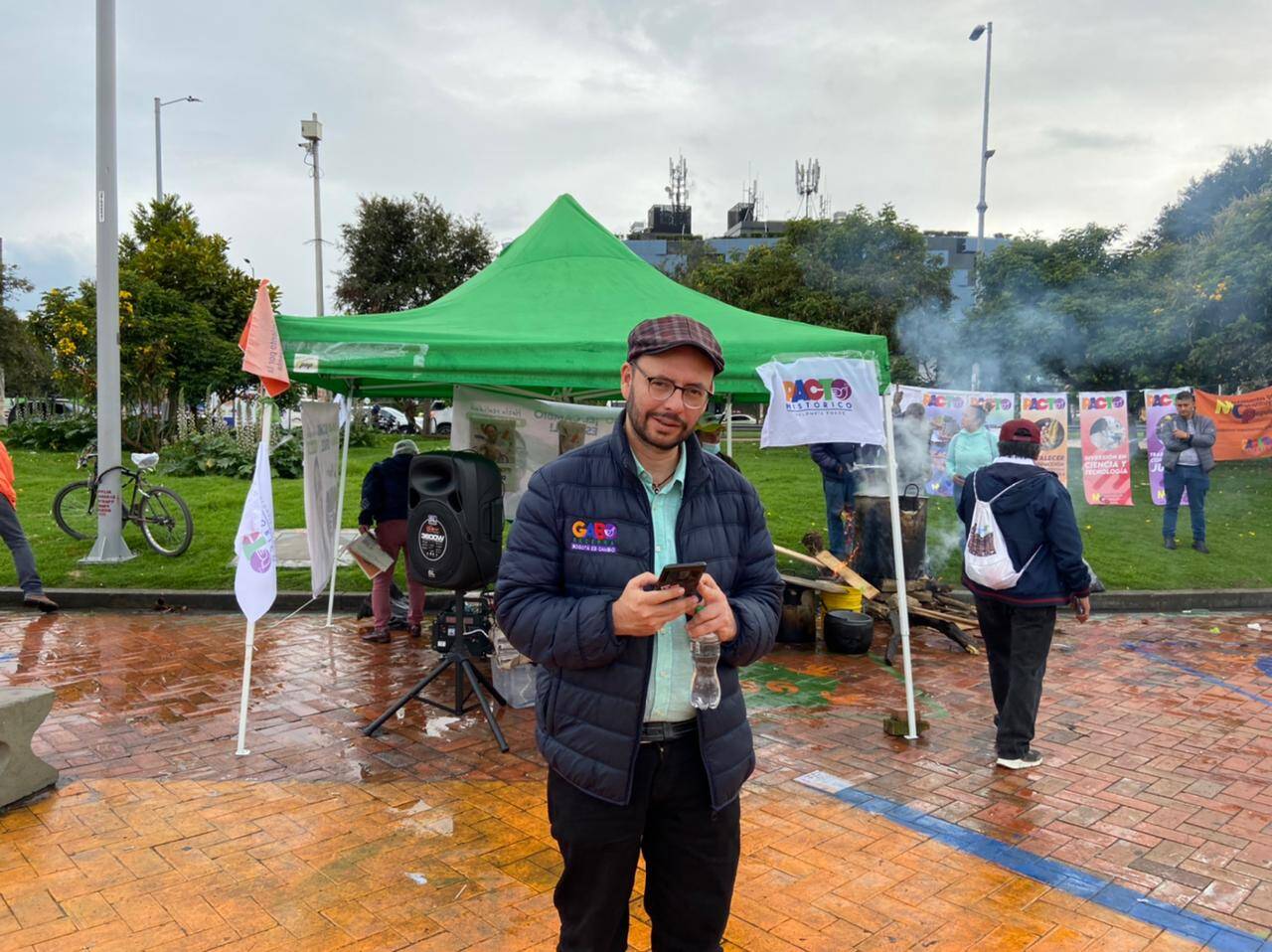
Gabriel Becerra Photo: Twitter @BecerraGabo
For us, it's very important that the right of the organizations we've been fighting for for many years from the left and progressivism be recognized, so we can unify and now have a political movement that has become the leading political force in the country. We disagree with the exclusion of Colombia Humana, one of the most important organizations in the country, as it is the party of the President of the Republic. It is argued that Colombia Humana is not allowed to join because it doesn't meet certain parameters established in its statutes, but at last year's assembly, Colombia Humana made a change that allowed a majority to approve joining the Historic Pact. This needs to be clarified. If there is a division, the electoral effect is not the same.
Are there political rather than legal motivations in this presentation? It's clear that the authority of an administrative, rather than a judicial, body like the CNE is increasingly weak. Therefore, the current members must pay close attention to its decisions, which are increasingly questioned for being a purely political body. Many of its decisions are politically charged. Colombia needs political and electoral reform to create an autonomous electoral tribunal.
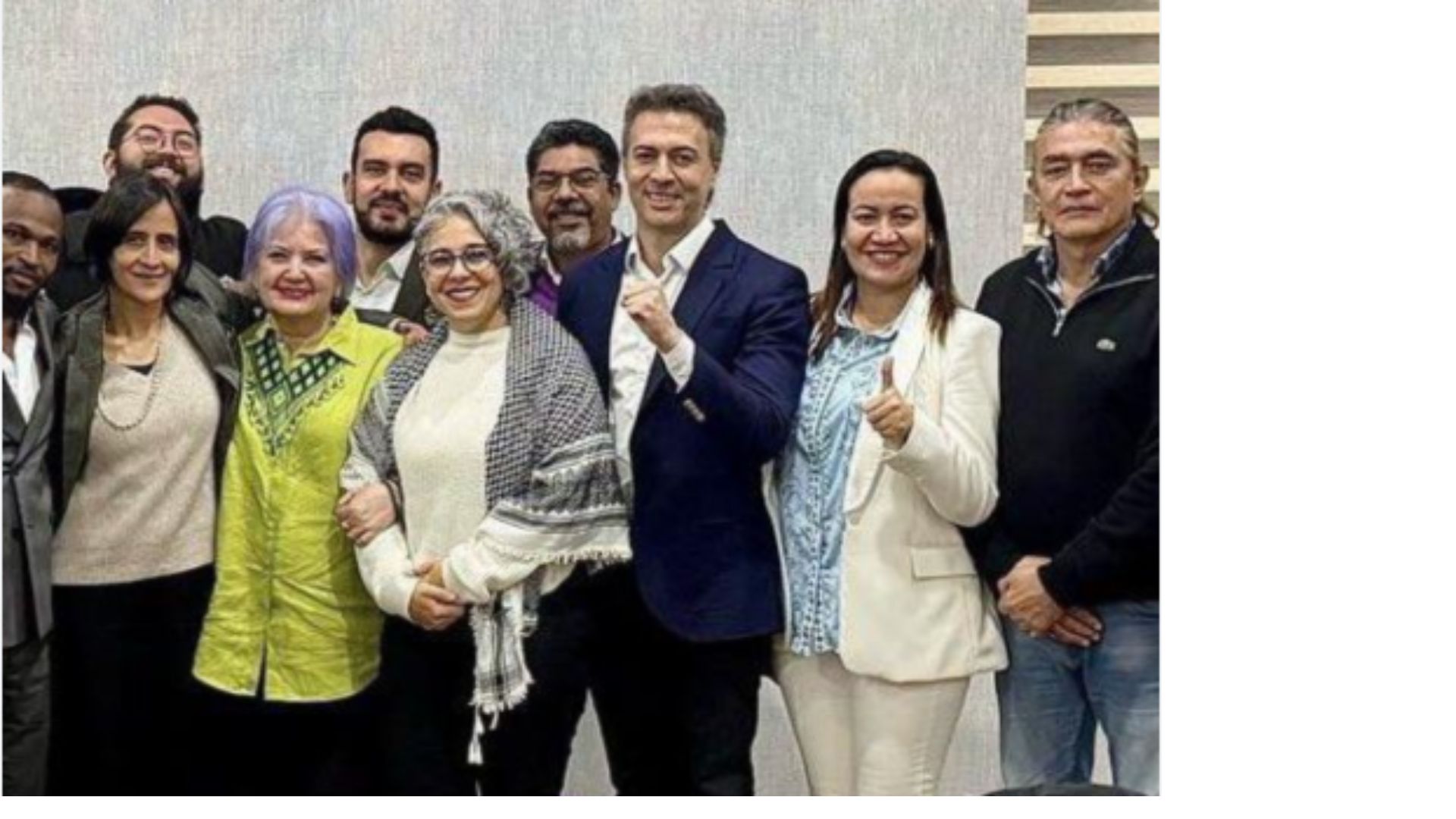
Some of the Historic Pact pre-candidates. Photo: Private archive
We must carefully evaluate the ruling issued by the CNE. We will have to make decisions based on that. If the CNE listens to our arguments and allows unity without excluding the Colombia Humana, our path remains intact because we would hold a partisan consultation. If not, the scenario that opens up is an interparty consultation, and that has different effects. We have to act when the ruling is issued and evaluate the political consequences of not going to a partisan consultation but to an interparty consultation in Congress. This is something we are consulting about, because it has never happened before.
But, regardless of what the CNE decides in its plenary session, we're talking about an effect on the congressional lists, but not on the process of selecting the leftist presidential candidate, who will then join a broad front. Is that correct? That's what we expect. But holding a party consultation is one thing, and holding an interparty consultation is another. We would have to consider, based on the CNE's final ruling, whether we would be the only ones left in the Pact. We need to address the legal issues.
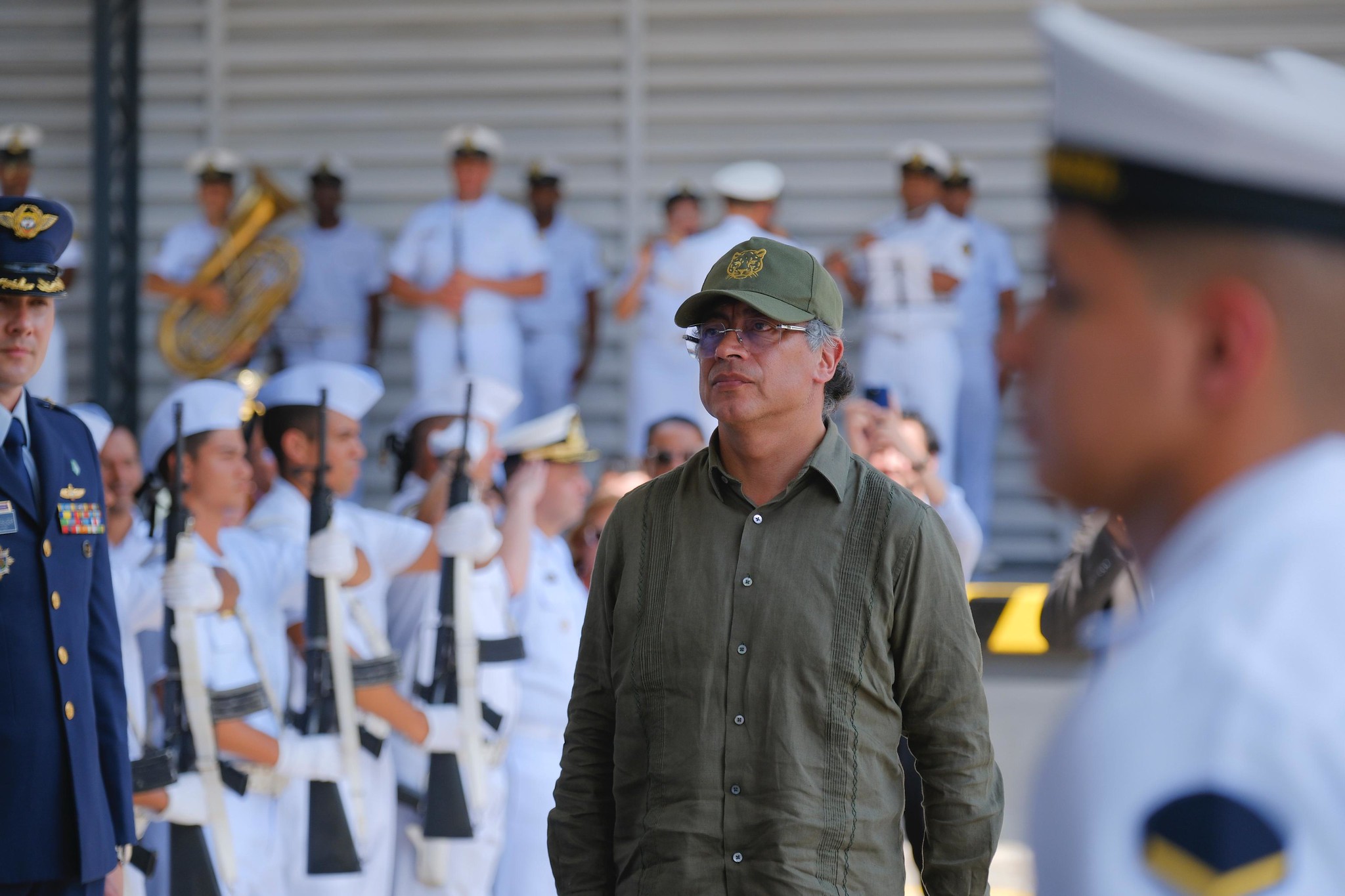
President Gustavo Petro is in Brazil. Photo: Presidency
It's always better to have more time, and surely if we had managed to finalize the agreements earlier, we would have had more room to make adjustments in accordance with the CNE's timeline. But the truth is that the CNE has had the time: we submitted our request on June 13, and it's now September, and the CNE hasn't issued a statement, which led us to file a writ of protection to guarantee a pronouncement. But the left has made a huge leap in political maturity; in other times, it was quite difficult to imagine we could reach the level of unity we have now. There were four organizations of the stature of Colombia Humana, the Polo, the Communist Party, and the UP that had no problem going beyond their particular interests and even abandoning their legal status. That's a level of political maturity.
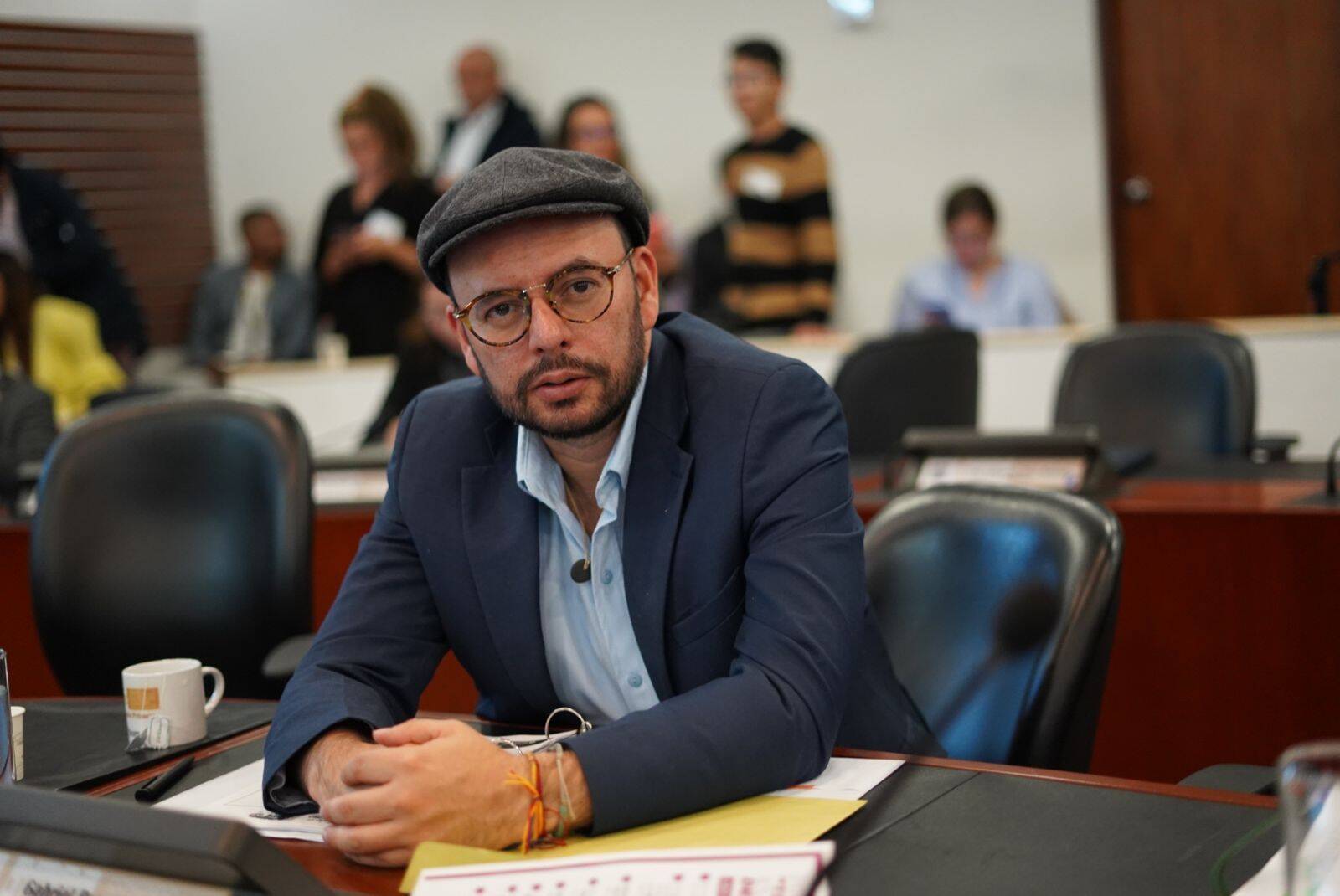
Gabriel Becerra, House Representative for the Historic Pact. Photo: Gabriel Becerra Press
We have a good group of candidates and candidates, with a good representation of women, with experience and track records, and colleagues of the stature of former senators and former mayors. What's at stake isn't who the candidate is, but who will lead this bloc. But it's quite possible that these candidates will win; if we have 10, we can regroup into these currents. If they all remain, it's an option for the people to decide; if they regroup, it makes the people's decision easier and the election would be much more programmatic. But, in any case, the Historic Pact candidacy will go to the first round and could participate in the second round, hopefully regrouping a broad front with other sectors that will allow us to maintain President Petro's legacy and deepen it, correcting mistakes and improving where we need to.
You may be interested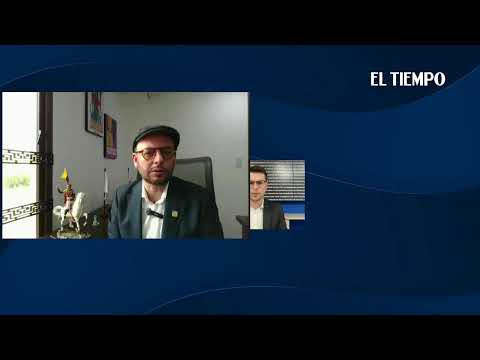
Follow EL TIEMPO Live. Photo:
eltiempo





